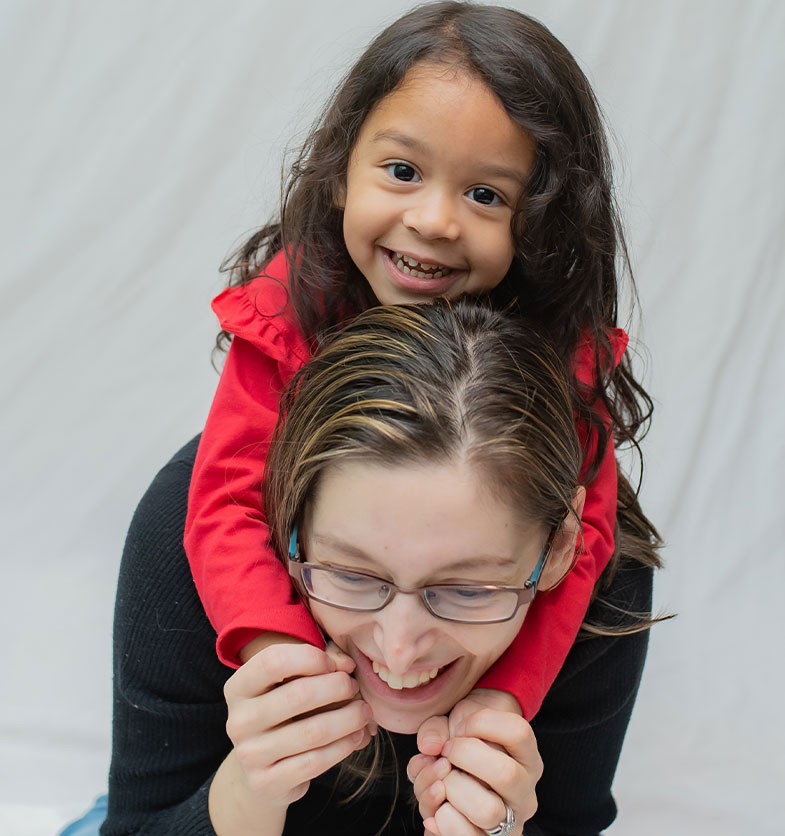Family members share genes, habits, lifestyles, and surroundings.
These things can affect health and the risk for illness, so it’s important to understand your family health history. Family health history is a record of the health conditions in your family. It tells more than just what diseases run in your family, but includes information about where your family has lived and what kind of work and activities they do.
This can help you see whether you and your family face risks to your health. Your healthcare provider can help you understand your chance of developing a genetic condition and suggest the steps to prevent or treat the symptoms.

Some people may be more willing to share health information face to face. Others may prefer answering your questions by phone, mail, or e-mail. However you do it, it is important that you explain why you are asking the questions.
Let your family members know that you are creating a record to find out whether you and your relatives have a family history of certain diseases or health conditions.
Feel free to add your own questions that are specific to your own family.


Some people may be willing to answer only some of your questions, or ask that you keep some answers between you and your healthcare provider – and that’s okay! Collect the information you can, and respect your relatives’ wishes.

Some genes passed down in a family can increase the chance of getting certain health conditions. You can find out if a condition runs in your family by examining the health of your relatives and talking more to a genetic counselor to help you better understsand your family health history.
Family members share genes, habits, lifestyles, and surroundings.
The term "referral" can mean both the act of sending you to another doctor or therapist, and to the actual paperwork authorizing your visit.
A screening test is performed as a preventative measure – to detect a potential health problem or disease in someone that doesn’t yet have signs or symptoms.
Families may feel a range of emotions after the diagnosis of a genetic condition. You may feel afraid of what is going to happen next. Or, you may have a sense of relief from learning what the cause of a medical problem is.
